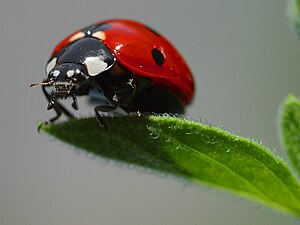“GreenPower” from Monster
I love being able to pass on good information that saves both energy and money. This product does just that, with three versions to choose from. Monster Green Power™ is a revolutionary new way to automatically reduce energy waste, and save you money. All you need to do is, plug your computer, or AV receiver into the Green Power Control outlet (power surge protector). When it’s turned off, or goes to sleep ( like when you do), all the other Green Power outlets switch off too. This automatically eliminates energy wasted by connected equipment – like your printer, scanner, HDTV or subwoofer – when you’re not using them, but they are still plugged in.
I think most of us are guilty of not always turning our computers off (and just letting them sleep), much less unplugging electrical appliances when not in use. Even though, they are not turned ON, they are still using energy, just being plugged in. Now, when your computer or AV receiver is turned back on, the Green Power outlets automatically power up again.
Here is a great product demonstration on You-tube.
This demonstration gives you a more detailed description of the three Green Power surge protectors offered, and exactly how they help reduce energy consumption and waste. But, that’s not all, Monster will replace up to $300,000 worth of your equipment if it’s damaged by (power conditions). You can’t go wrong with a deal like that.
 Above is the MDP 900. It offers Advanced Dual Mode Plus surge protection with automatic disconnect and an audible alarm. This device saves you money, and stops standby mode energy waste. There is Exclusive Stage 2 PC Clean Power, that filters and rejects noise and interference. The coaxial is surge protected for your network and telephone connections, plus there is 10 surge protected, color coded AC power outlets to accommodate your electronics.
Above is the MDP 900. It offers Advanced Dual Mode Plus surge protection with automatic disconnect and an audible alarm. This device saves you money, and stops standby mode energy waste. There is Exclusive Stage 2 PC Clean Power, that filters and rejects noise and interference. The coaxial is surge protected for your network and telephone connections, plus there is 10 surge protected, color coded AC power outlets to accommodate your electronics.
You can visit the Monster Green Power Digital Power Center to learn where you can buy Monster products, and gain more product and company information. They are helping us “go green,” save money, and work toward many better tomorrows!
















![Reblog this post [with Zemanta]](http://img.zemanta.com/reblog_e.png?x-id=b8fb2794-069a-4c3b-99f0-c57a8f508c79)